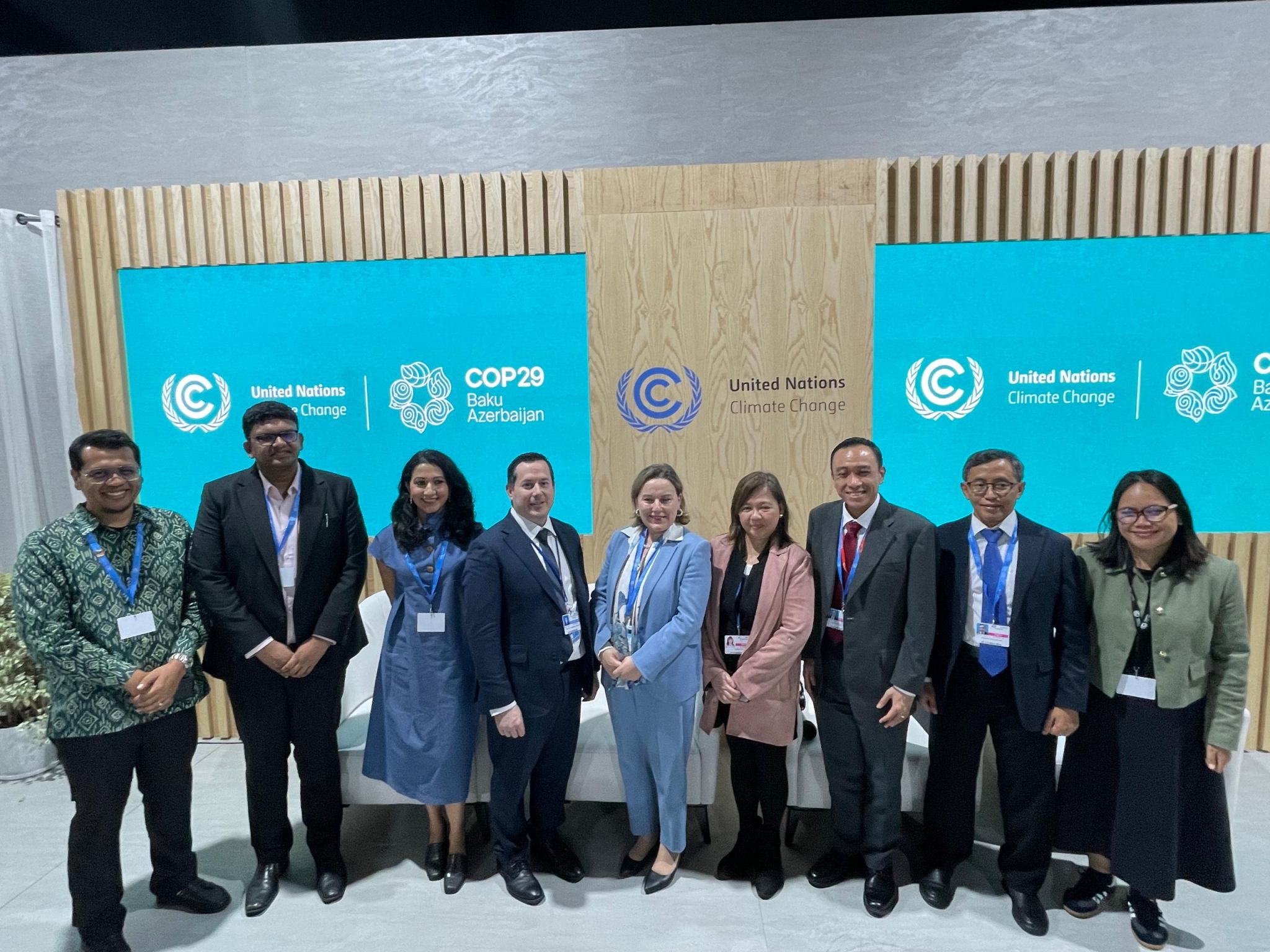Indonesia Global Compact (IGCN), Yayasan Sayangi Tunas Cilik (STC) and UNICEF, conducted a national workshop on “Children’s and Business Rights: SDG challenges or potential?” with Pusat Kajian Perlindungan Anak (PKPA) through CEA (Civic Engagement Alliance) , Asosiasi Perusahaan Sahabat Anak Indonesia (APSAI), and Komisi Perlindungan Anak Indonesia (KPAI) on 30 August 2018 in Jakarta.
 Ibu Putu Elvina, Commissioner of KPAI, is opening the National Workshop and Kick off Meeting for Business and Children’s Rights (BCR) Working Group. She will also serve as Co-Chair for this BCR Working Group.
Ibu Putu Elvina, Commissioner of KPAI, is opening the National Workshop and Kick off Meeting for Business and Children’s Rights (BCR) Working Group. She will also serve as Co-Chair for this BCR Working Group.
In 2013, along with the launching of the UN Guiding Principles on Business and Human Rights, three world organizations developed specific principles related to children’s rights and the business world by the name of Children’s Rights and Business Principles (CRBP). Namely Save The Children (STC), UN Global Compact Network, and UNICEF who carry 10 specific principles related to children’s rights and business.
In Indonesia, since 2013 through the Ministry of Women’s Empowerment and Child Protection, this mainstreamed principle and had been carried out and encouraged with the support of various children’s rights stakeholders in Indonesia. In this perspective, the private sector was also identified as one of the key stakeholders.
5 years after it was launched in 2013, the 3 initiator organizations, IGCN, STC, and UNICEF evaluated that CRBPs are still weakly understood and implemented by companies / business sectors in Indonesia. Therefore, synergy and intensive collaboration are needed so that acceleration of adoption of the CRBPs can be implemented.
According to Bu Nina Sardjunani, the team leader for Indonesia SDGs Secretariat, states “Business must play an active role in supporting the fulfillment of children’s rights, including to grow and develop according to the nature and dignity of humanity, and to obtain self-identity and citizenship status.”
Addressing the same issue, Ghafur Dharmaputra, Deputy of Coordination for the Protection of Women and Children of Ministry of Coordinating Human Development and Culture, described on how business can take part in fulfilling children’s rights such as no longer employing children on the plantation and fisheries sector, providing facilities and infrastructure for the children of workers, ensure the welfare of workers and their families, and as simple as paying attention to the age of the worker.
Through this workshop too, Business and Children’s Rights Working Group was introduced. The understanding of the need for a neutral working group and prioritize the exchange of knowledge and experience related to how companies respect and fulfill children’s rights in their operational areas become the basis of this working group formed. The working group will be focusing on 4 sub-working group; Workplace Sub-working group, Marketplace Sub-working group, Community and Environment Sub-working group, and Outreach Sub-working group. Business and Children ‘s Rights Working Group (BCR WG) based on CRBP are then expected to accommodate and bridge the needs of stakeholders to encourage the fulfillment of child rights in the business sector.





